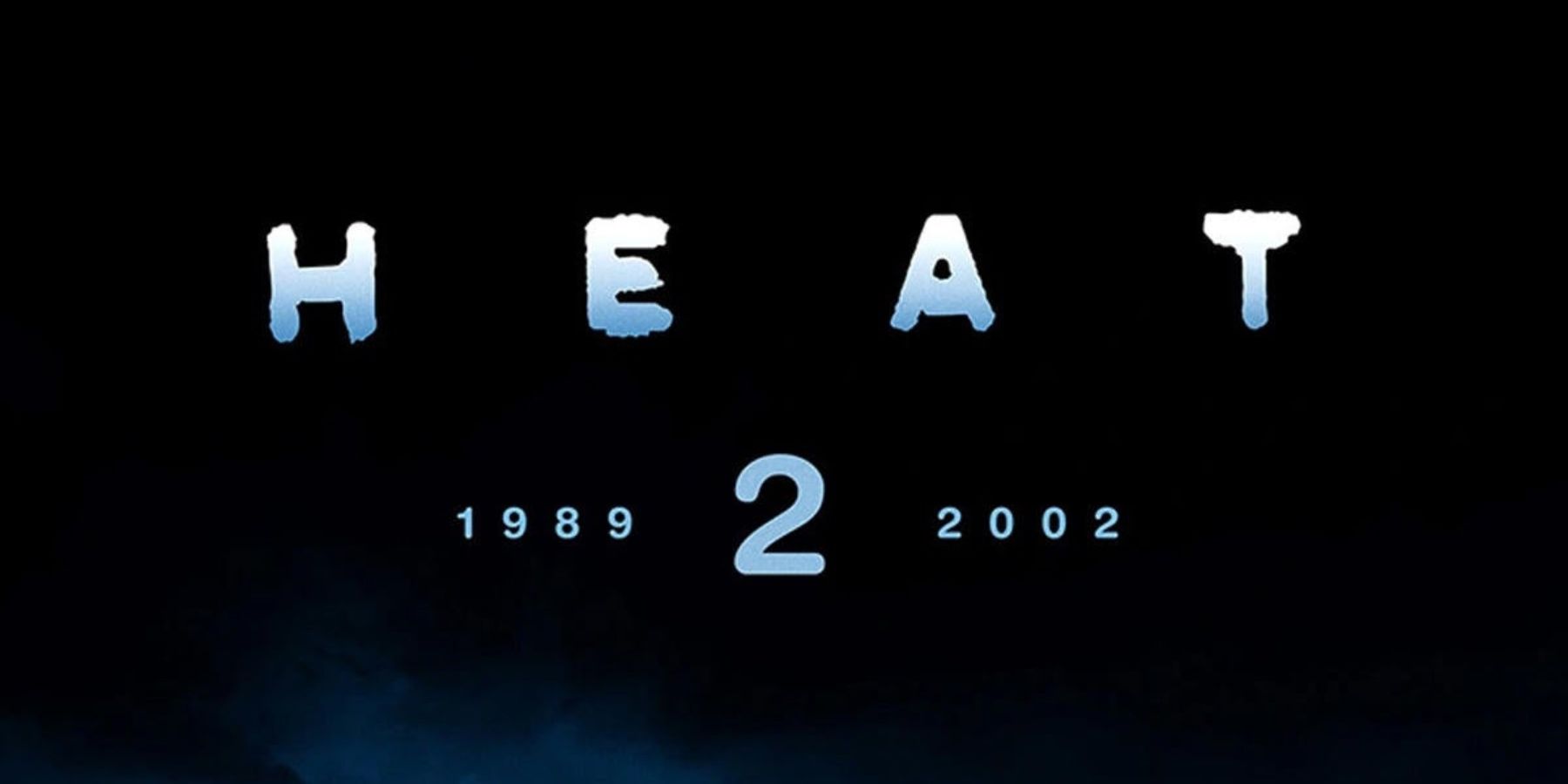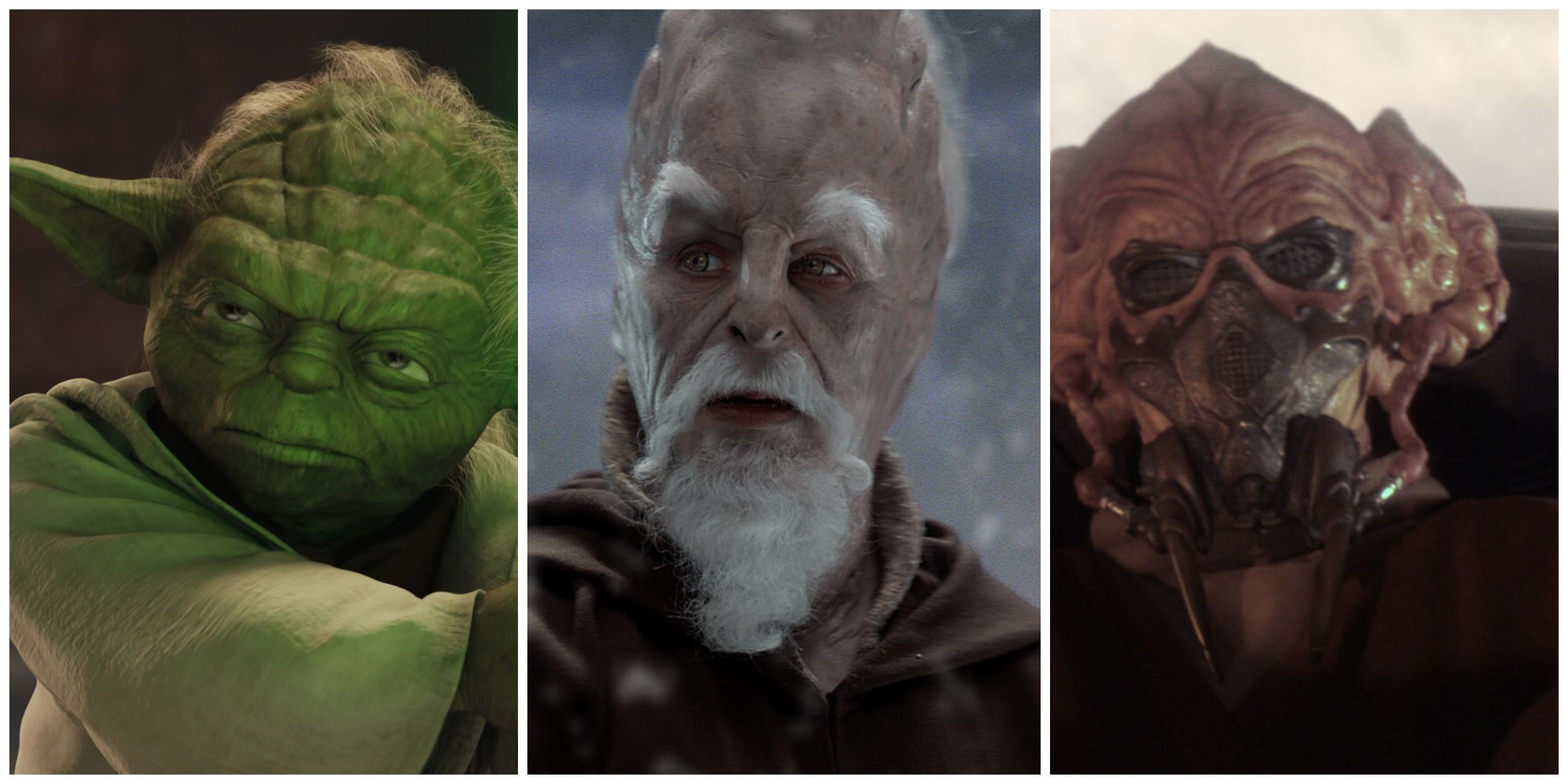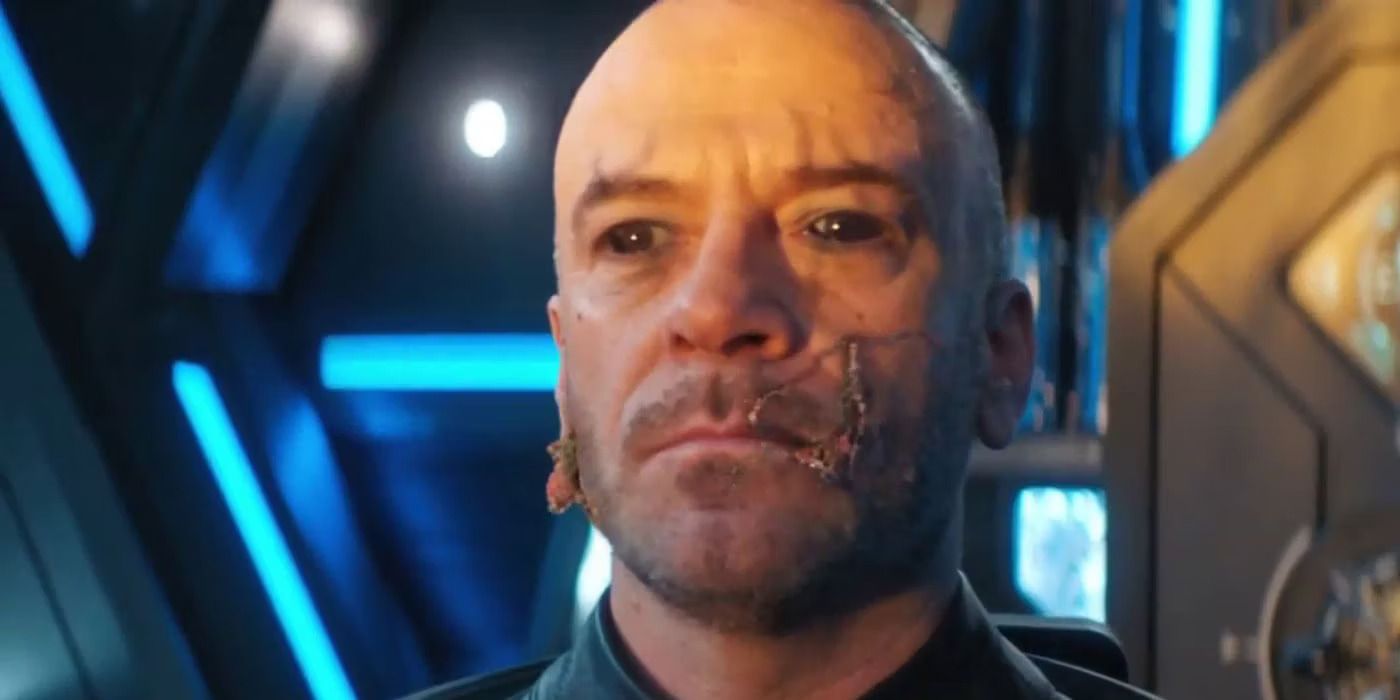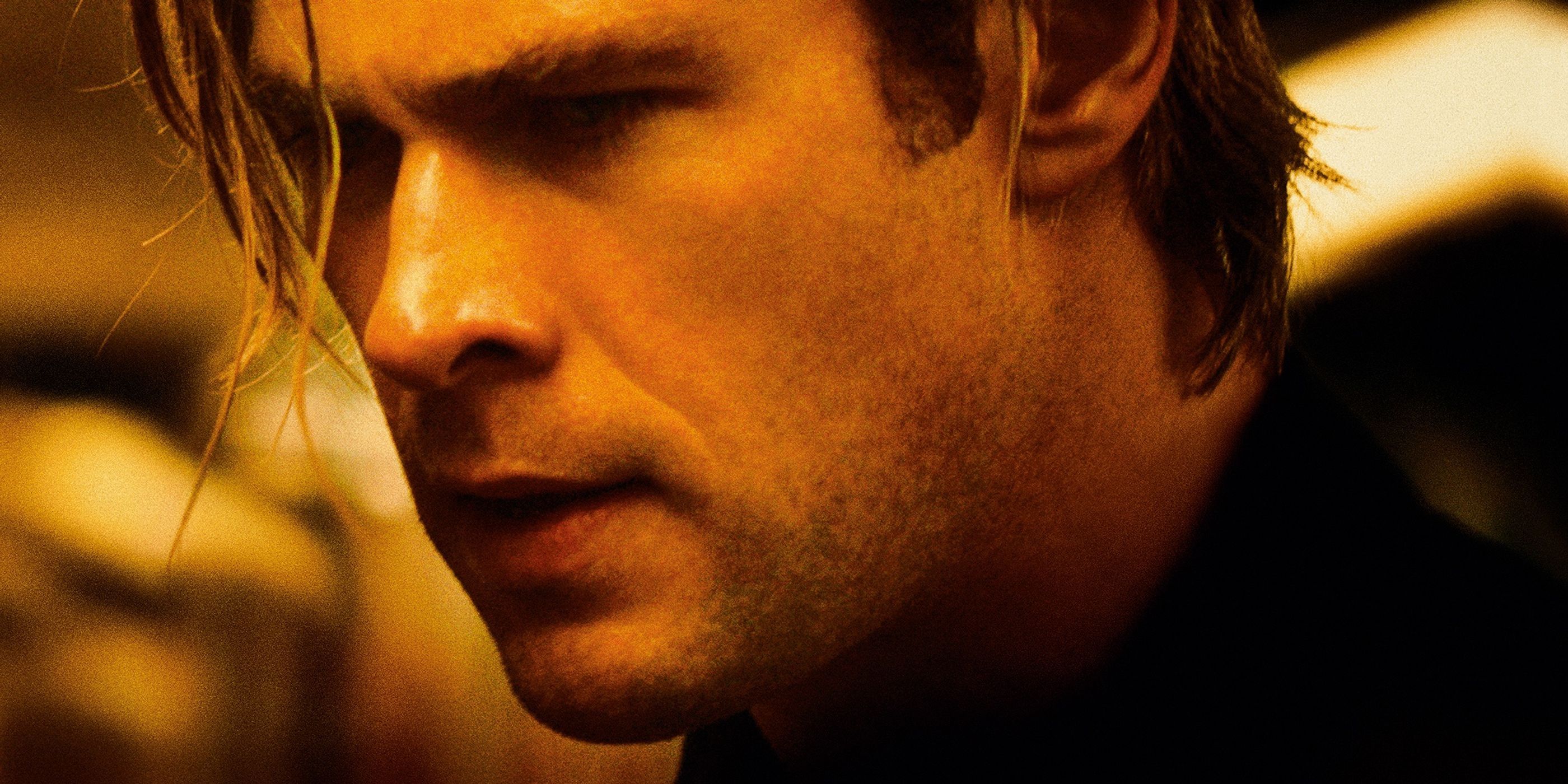Highlights
- "Blackhat" was a major flop for director Michael Mann, grossing only $19.7 million on a $70 million budget.
- Mann takes full responsibility for the film's failure, admitting that the script was not ready to shoot.
- Despite its weaknesses, "Blackhat" showcases Mann's expertise in cinematography and offers a unique, thematically relevant take on the action genre.
It was the year 2000 when Michael Mann was location scouting with now-famed cinematographer Emmanuel Lubezki for the director's Muhammad Ali biopic Ali. The two men drove around in the night and filmed their potential settings on digital video, tackling the new frontier of filmmaking. While the format had been used for independent/experimental work during its rise in the mid-90s, the only major motion picture that had utilized digital cinematography was 1999's Star Wars: Episode I – The Phantom Menace. This moment in time is intrinsic to the evolution of Mann's career and is most notable when comparing it to his last film in 2015's Blackhat.
With Chris Hemsworth as his lead and his contemporary approach to the crime genre he has long mastered, it seemed like a guarantee that Mann was headed towards another one of his resounding successes. Then came its release on the weekend of January 16th, 2015, and the result that no one could have expected. Produced on a $70 million budget, the film only grossed $19.7 million in its global theatrical run, making it far and away the biggest flop of Mann's storied career. Immediately labeled an unmitigated disaster, Blackhat was tossed in a hole to die only to rise back over the last few years.

Michael Mann Announces Prequel/Sequel Novel To Heat
The Heat novel will tell an original story about the lives of the characters from the 1995 movie both before and after the film's events.
What is Blackhat about?
Nick Hathaway (Chris Hemsworth) is a convicted hacker who is granted temporary release to work with the FBI and the Chinese government after his code was used to cause a nuclear meltdown in Hong Kong. His former MIT roommate Chen Dawai (Leehom Wang) spearheads the investigation as Captain of the People's Liberation Army cyberwarfare unit along with FBI Special Agent Carol Barrett (Viola Davis) and United States Marshal Mark Jessup (Colt McCallany). Also on the team is Chen's sister Tang Wei (Chen Lien), a networking engineer who begins to form a relationship with Nick.
After the Chicago Mercantile Exchange gets hacked, the team traces the stock money to a paramilitary mercenary named Elias Kassar, a seemingly unsophisticated operative who is always somehow a step ahead. What ensues is a globetrotting adventure from Hong Kong to Malaysia to Jakarta as Nick chases Elias and his crew while experiencing love and loss with his new surrogate family. There is a lot more to Blackhat than can be said from a simple aggregation by Metacritic or Rotten Tomatoes, however, the weak scores from those outlets do raise some fair grievances.
What Went Wrong with Blackhat?
In a recent feature with Variety, Mann blames no one but himself for the failure of Blackhat:
“It’s my responsibility. The script was not ready to shoot. The subject may have been ahead of the curve, because there were a number of people who thought this was all fantasy. Wrong. Everything is stone-cold accurate.”
Some may interpret this as Mann inculpating the film's first-time writer Morgan Davis Foehl (who has yet to be attached to another film since), however it was his choice not to develop the admittedly weak script to a more shootable stage. Mann is known for his control on set, and his creative input was rumored to stretch from development all the way to marketing as Universal was figuring out how to sell his esoteric action drama. If he wanted to continue working on the script he easily could have and would likely have even been thanked by the studio for doing so. As he said though, the premise was ahead of the curve and he wanted to make the film in the researched fashion he does best rather than trying to make it more accessible to audiences, which would have helped it tremendously at the box office.
What Went Right with Blackhat?
The biggest issue for the majority of Blackhat's critics was the casting of Hemsworth as a hacker, quipping that someone as masculine as Thor could never be a reclusive computer nerd. What these statements neglect is the most important detail of his character: incarceration. It may seem like a thoughtless trope, but in a Michael Mann picture, nothing is frivolous especially when it has to do with the criminal justice system. There is a moment in the film where Nick walks on a tarmac having just been released from prison, fully taking in the world around him after his prolonged confinement. This subtle beat is later permeated throughout the rest of the film when Nick tells Tang Wei "I do my own time, not the institution's."
By no means does the film reach the depth of Mann's masterful debut in 1981's Thief, although it does give some level of complexity to what would have otherwise been an utterly clichéd action movie. While the film never shows Nick before his incarceration, it is abundantly clear that the man who came out is nothing like the one who went in. This is thanks to Mann's endless knowledge of the criminal experience along with his technical expertise which makes his cinematography as visually striking as it is thematically and narratively relevant. Despite its derivative plot elements and the occasional editing/pacing issues (which Mann fixed in a "revised cut" in 2016 that will be released from Arrow Video later this year), Blackhat exhibits a singular voice from a quality filmmaker that prevents its action from feeling gratuitous or inconsequential, something most contemporary films in the genre often struggle with.






